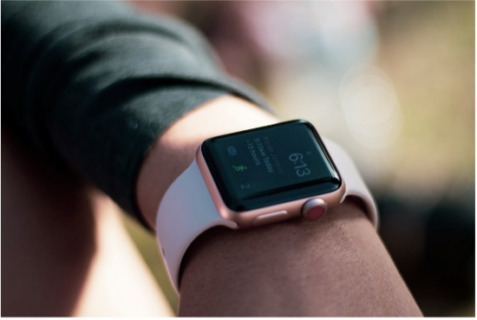ID 2428: SMART Start – Biometrics of human pregnancy recorded by wearable devices
Background:
In Germany, prenatal visits for normal-risk pregnancies are every 2-4 weeks. This low time resolution and reliance on subjective feedback instead of direct physiological measurement, could be augmented by remote monitoring. To date, continuous physiological measurements have not been characterized across all of pregnancy, so there is little basis of comparison to support the development of the specific monitoring capabilities. Wearables have been shown to enable the detection and prediction of acute illness, often faster than subjective symptom reporting. Further, recent studies showed that big data from wearable devices and mHealth apps can capture longitudinal trajectories of biometric data in human pregnancies [1,2]. The goal of this thesis is the retrospective analysis of data (sleep, heart rate, activity, blood pressure, SpO2) recorded using wearable devices from 148 pregnant women across pregnancy.
Tasks:
- Literature review on longitudinal biomedical data trajectories in pregnancy
- Retrospective data analysis
- Write thesis
Literature
[1] Keeler Bruce, L., González, D., Dasgupta, S. et al. Biometrics of complete human pregnancy recorded by wearable devices. npj Digit. Med. 7, 207 (2024). https://doi.org/10.1038/s41746-024-01183-9
[2] Nissen M, Barrios Campo N, Flaucher M, Jaeger KM, Titzmann A, Blunck D, Fasching PA, Engelhardt V, Eskofier BM, Leutheuser H. Prevalence and course of pregnancy symptoms using self-reported pregnancy app symptom tracker data. NPJ Digit Med. 2023 Oct 11;6(1):189. doi: 10.1038/s41746-023-00935-3. PMID: 37821584; PMCID: PMC10567694.
Supervisors
Please use the application form to apply for the topic. We will then get in contact with you.



